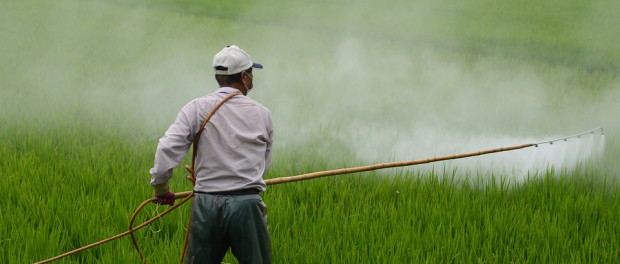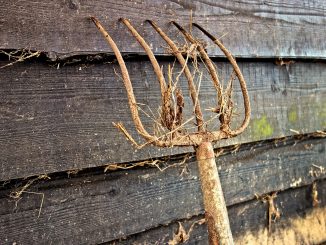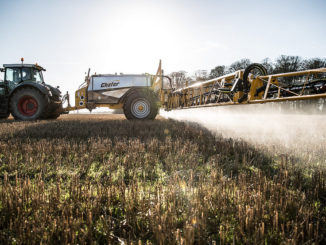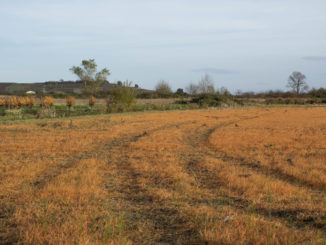BREAKING: A national experts’ vote on the European Commission’s plan to grant a new 15-year lease to the herbicide glyphosate was cancelled today (Tuesday) as several countries raised concerns over cancer warnings by the World Health Organisation, Greenpeace report.

Delays had already occurred earlier in the week, following a closed door meeting yesterday, which was due to approve glyphosate until 2031.
Glyphosate approval runs out in June of this year.
Agweek cites EU anonymous sources said they no longer expected a decision at this meeting after France said last week it would oppose extending approval, while EU diplomats said Germany planned to abstain.
Both EU member states and agencies – the European Food Safety Authority and the World Health Organisation’s cancer agency, the International Agency for Cancer Research (IARC) – are divided on glyphosate and its approval. The EFSA and IARC have given differing opinions on its carcinogenicity, with the former stating it is “unlikely to pose a carcinogenic hazard to humans” and the latter claiming it is “probably carcinogenic to humans”.
On Friday, it was reported by the Guardian that the Netherlands and Sweeden also oppose approval: The Guardian quoted Swedish environment minister, Åsa Romson, who said: “We won’t take risks with glyphosate and we don’t think that the analysis done so far is good enough. We will propose that no decision is taken until further analysis has been done and the Efsa scientists have been more transparent about their considerations.”
The debate between the agencies has also been heated. As we reported recently the Parlimanetry hearing involving both the EFSA and IARC had some unusually fractious moments.
The EFSA’s executive director, Bernhard Url, railed about a letter from a group of 96 independent and government scientists – including eight of the 17 members of the IARC working group and all sub group chairs – which claimed the EFSA glyphosate conclusion was “not supported by the evidence”; was “flawed” and should be “disregarded”.
He colourfully described it as “the first sign of the Facebook age of science. You have a scientific assessment, you put it in Facebook and you count how many people like it.”
Meanwhile Dr Chris Wild, the head of the IARC has demanded that the EFSA correct “misrepresentations” of IARC’s Monograph on glyphosate on its website and in distributed materials.
“Dr Wild insists that the corrections must be made before he will agree to meet with EFSA as planned to discuss their different verdicts on glyphosate” GM Watch reported.
More will be revealed on this story as it unfolds…
More






1 Trackback / Pingback
Comments are closed.